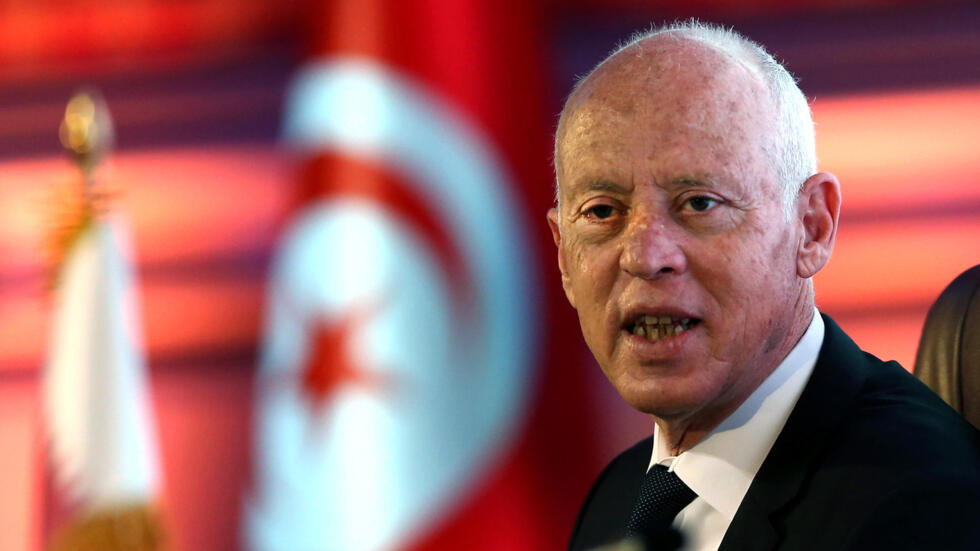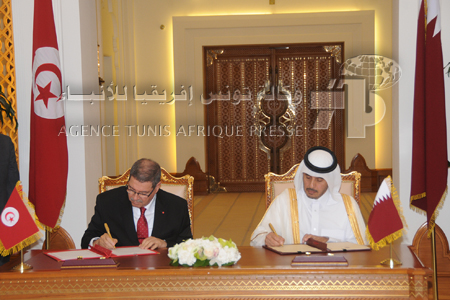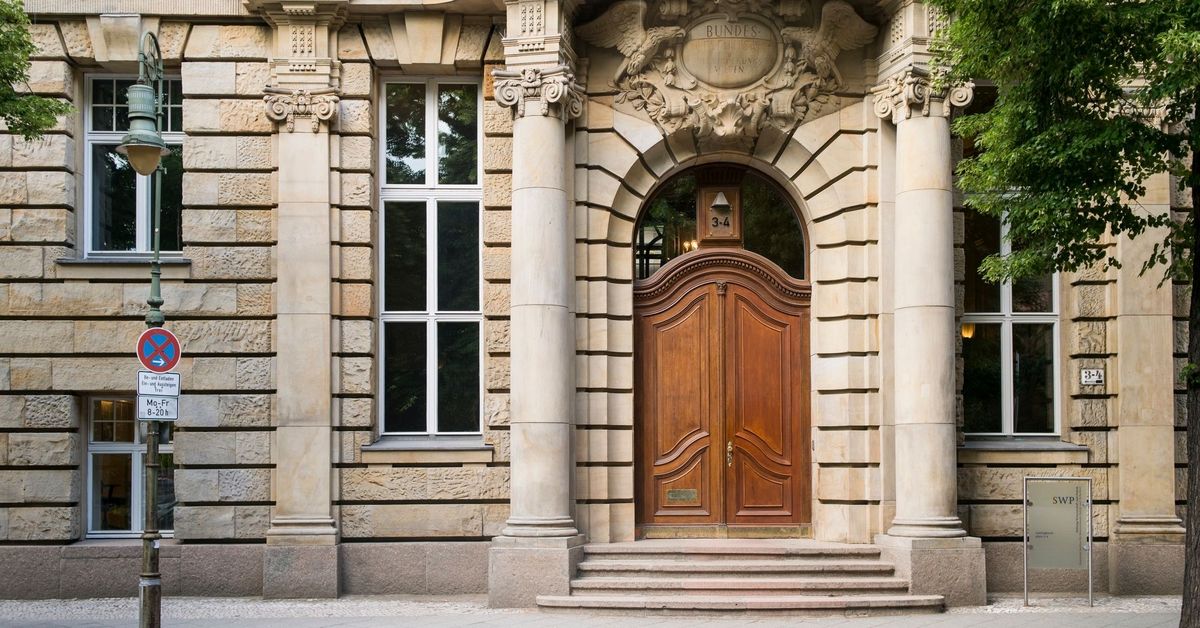Tunisia’s Kais Saied, who made the unsurprising announcement of his re-election bid, has been using the judiciary to ban political opponents from partaking in October 6 elections, amid worsening economic prospects and social stability.
Saied made his re-election bid public the same day a court in Tunis handed an eight-month in prison sentence to leader of the Republican Union Party Lotfi Mraihi, an outspoken critic of Kais Saied.
The same court banned Mraihi from running for election for life accusing him of using money to influence voters, a charge he denied.
Speaking on a video, Saied dismissed his opponents as “traitors” and asked citizens to be warry of them! Saying he runs for elections to continue to “battle for national liberation.”
Saied has been surfing on a tide of populist rhetoric, accusing the opponents of his authoritarian rule by being agents of foreign powers. He went further to stoke racism and xenophobia by pinning self-inflicted economic hardships on poor migrants using Tunisia as a transit to Europe.
Saied, who concentrated all powers in his firm grip, has dismantled parliament in 2021 and undermined the independence of the judiciary, which he has recently used to silence critics and presidential presidency candidates.
Potential candidate, Abir Moussi, a vocal critic of Saied and head of the Free Destourian Party, has been jailed since October last year.
Issam Chebbi, a leader of the main opposition National Salvation Front who was arrested in February 2023 for “plotting against the state”, dropped out of the race on Thursday, his party said.
Abdellatif Mekki, a former health minister and leader of the Islamist-inspired Ennahdha movement who now heads the Amal w Injaz party, also said last month he was withdrawing his candidacy.
Tunisia’s rights watchdog “I Watch” denounced “complicated procedures” and “a methodical absence of transparency” for elections in the North African country.



